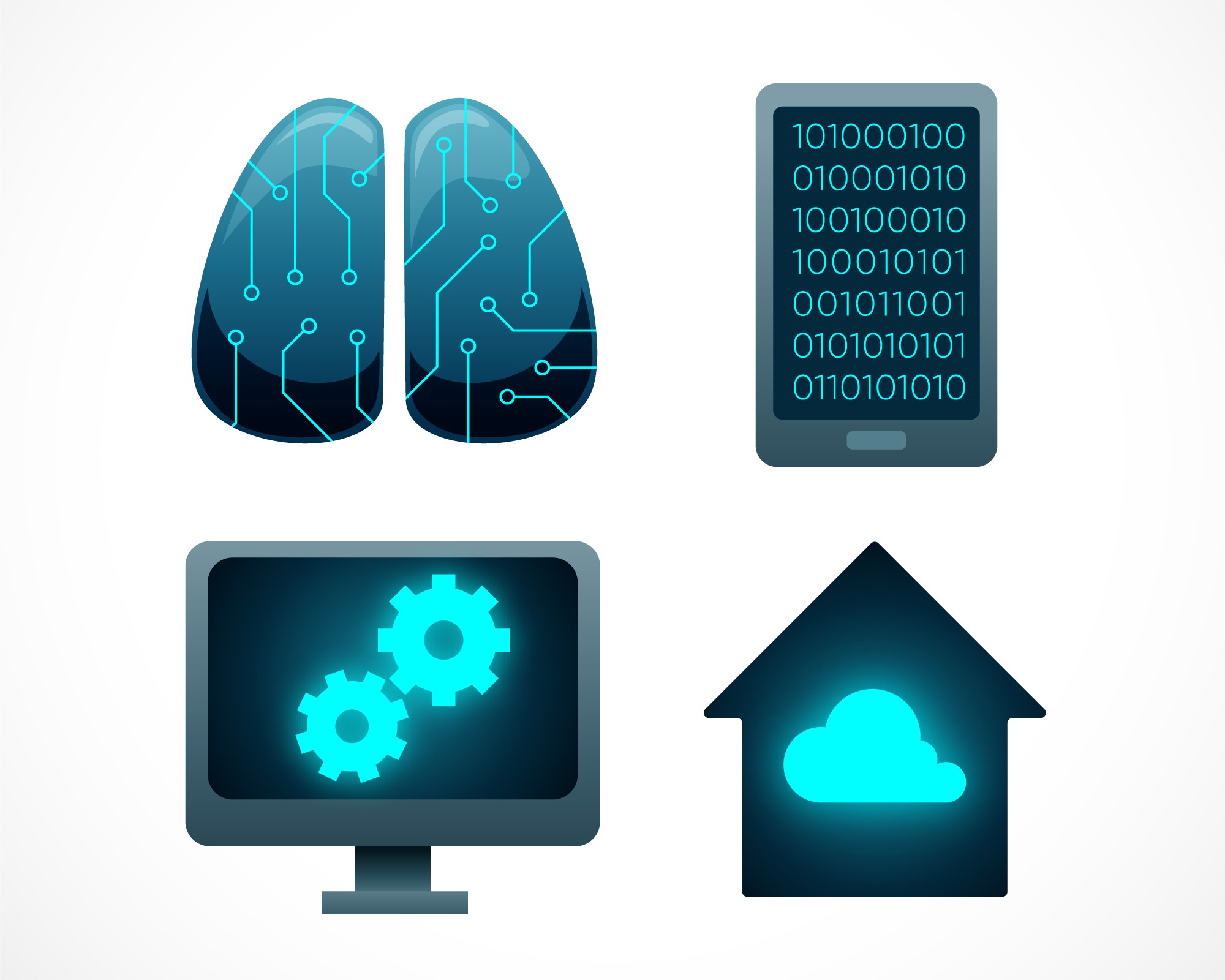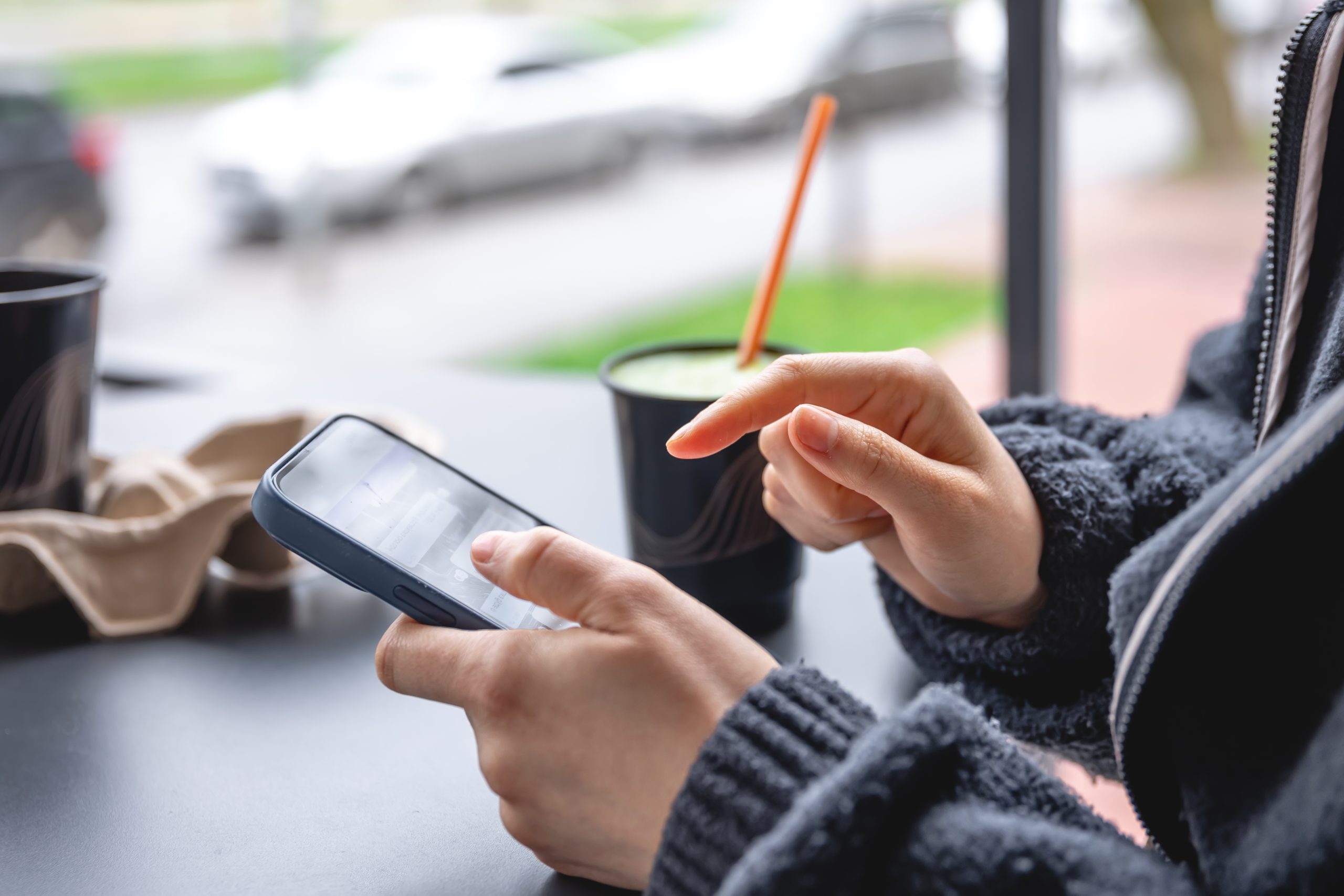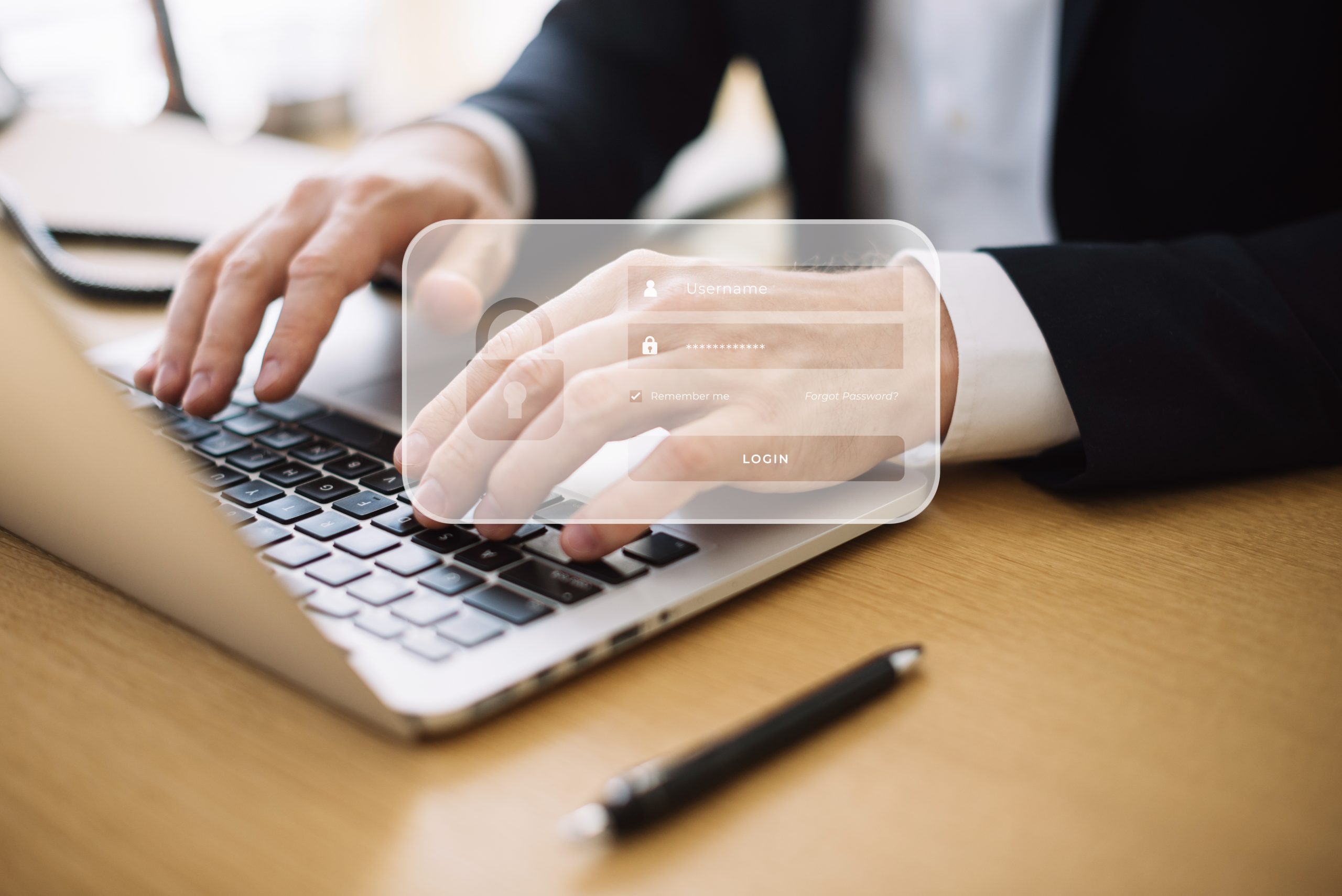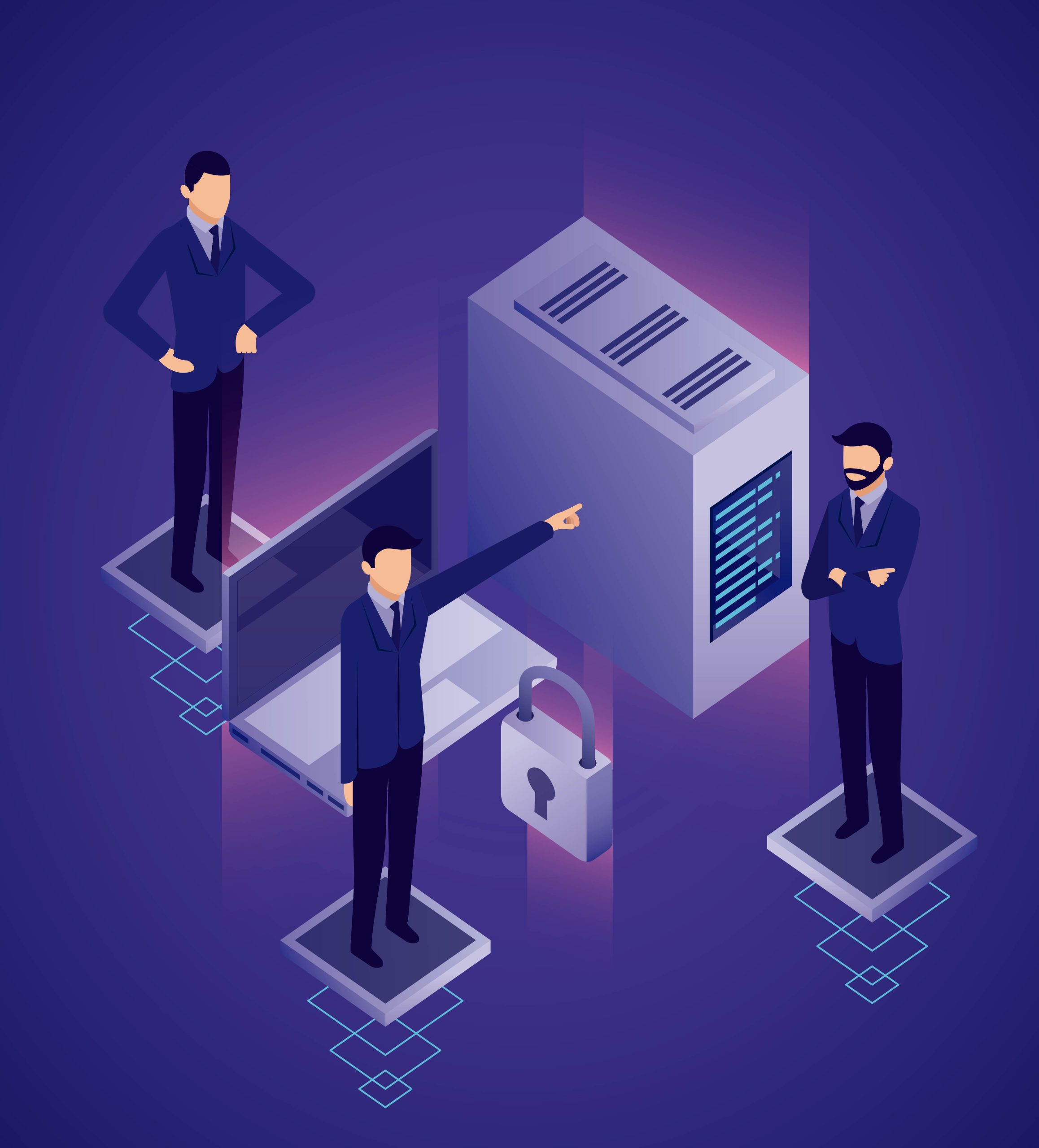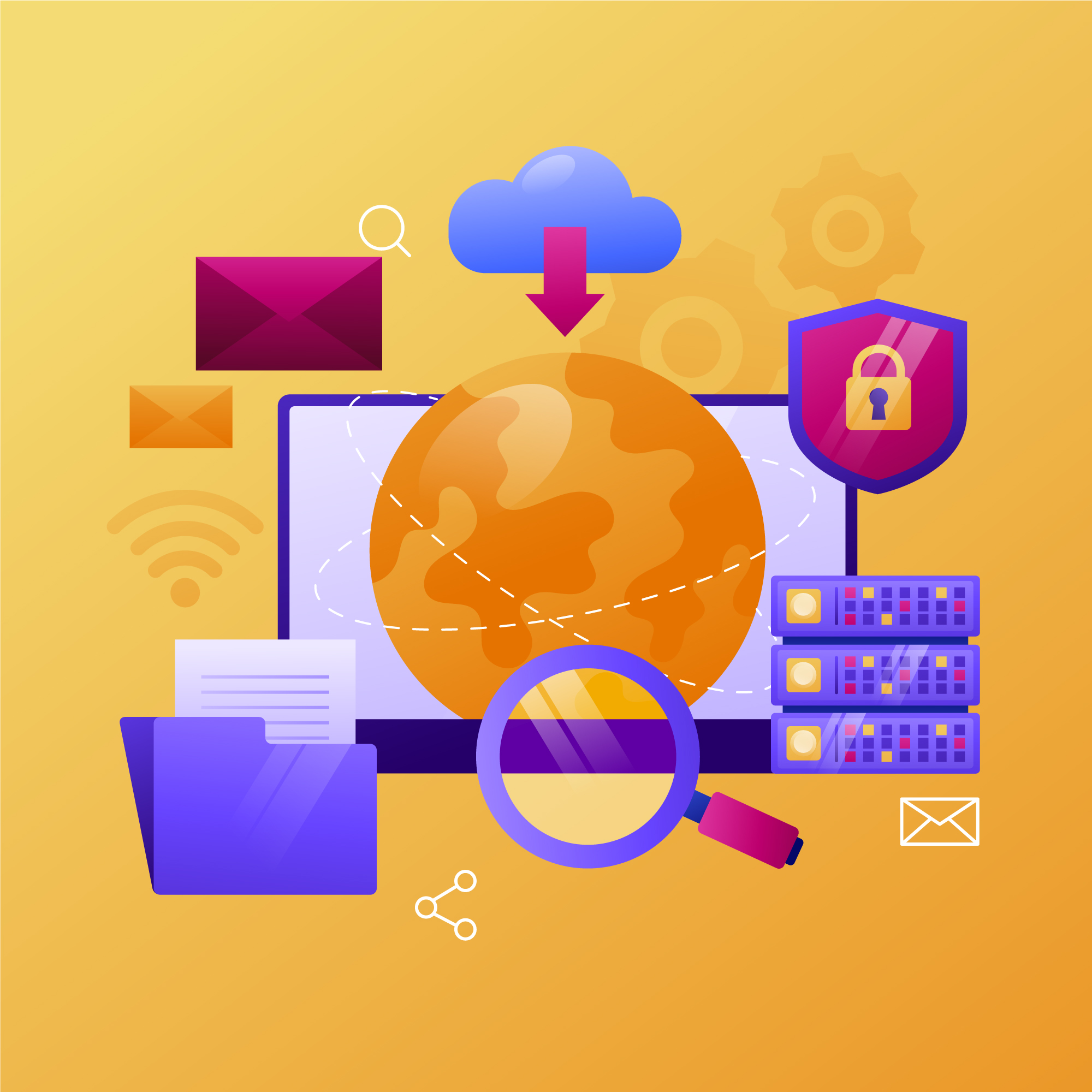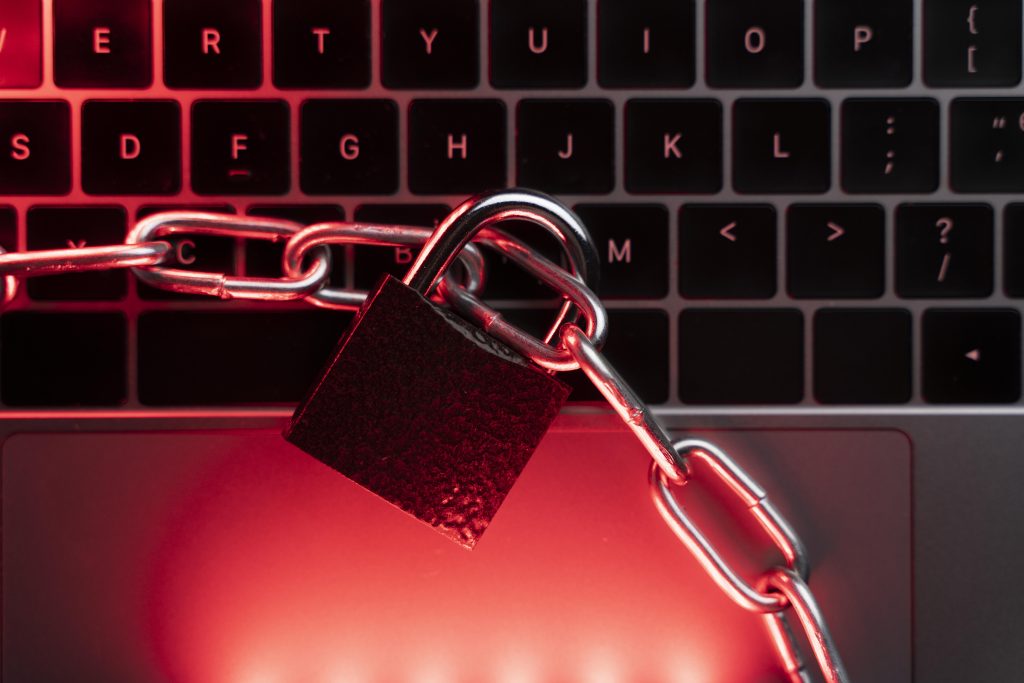
In a world of global digitalization, artificial intelligence, and hacker attacks, VPNs and proxies for data protection are essential for private users and companies. The 2030 Cyber Threat Forecast, prepared by Enisa (European Union Cybersecurity Agency) based on the authoritative opinions of 24 experts, includes risks related to:
- with the use of outdated, malfunctioning, and overloaded computer systems;
- increasedmonitoring of users on the Internet;
- increased disinformation, phishing, and fraud campaigns;
- parsing of big-data used in machine learning AI models; and
- the impact of natural disasters
- and military conflicts on cybersecurity.
The purpose of VPN is privacy and anonymity of users on the Internet. This article describes how to use a VPN to protect personal information.
Why use a VPN to protect your personal data?
Why do you need to protect your data through VPN extensions when working online? Cybercriminals hunt for information to:
- make money by selling it to the media, bloggers, competitors;
- blackmail the victim and extort money;
- register on online resources under someone else’s account;
- find passwords to banking to seize funds;
- hack into gadgets, install surveillance for various purposes.
A reliable VPN will help you avoid hacker attacks, leakage of personal and financial data. To guarantee anonymity, bypass bans and geographical restrictions, it is recommended to use 4g proxies with high data transmission speed in LTE/4G/5G networks.
Benefits of privacy through a VPN
Using a virtual private network, the user receives a secure encrypted connection via VPN services between a PC (device) and a website. Moreover, the traffic passing through the Internet service provider cannot be sparred. Websites with trackers to track users cannot identify their IP addresses and obtain personal information.
How does a VPN secure your privacy?
When using a virtual private network, encrypted information passes through an encrypted tunnel. It cannot be intercepted by government agencies, hackers, or ISPs. Even if there is a leak, it is encrypted information. It cannot be decrypted without the key.
VPN for personal protection: basic functions
Understanding how a VPN protects personal data is easy by knowing the features of the service:
- When connected to a public network, data on digital gadgets becomes vulnerable to attackers. Accessing the Internet through an encrypted tunnel protects digital devices from MiTM attacks;
- when using paid VPNs for personal protection, the user keeps his location and IP address secret;
- reliable openVPN will help hide the user’s online activity and browsing history from other people’s eyes.
The slight decrease in data transfer speed due to the need for encryption is considered by most users to be less of a disadvantage than the vulnerability of personal information to cyberattacks.
Data protection via VPN extensions
Experts recommend installing reliable, proven VPN browser extensions. Both reputable browser extensions and paid VPN services preserve information privacy.
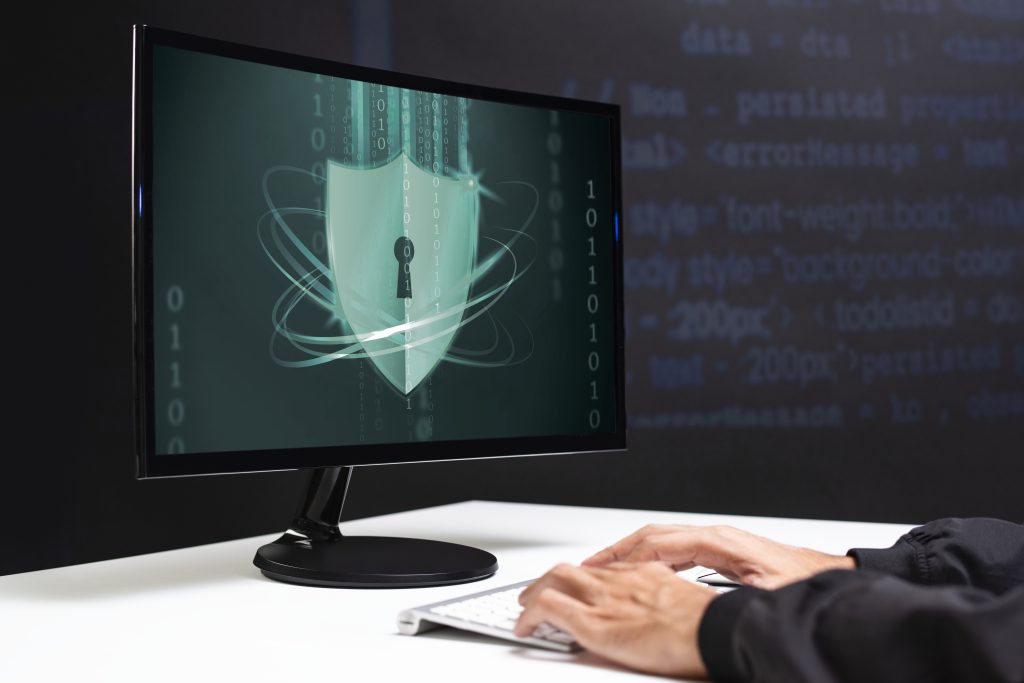
Protecting your data with VPN Proxy
In tracking users, collecting private information, attackers operate:
- IP address locks;
- Bluetooth beacons;
- tracking cookies;
- digital device fingerprints.
To maintain anonymity, privacy protection with a VPN should be supplemented with a proxy. You can find out the cost of mobile proxies from LTESocks on the company’s website.
Difference between VPN and Proxy for data protection
Data protection through a VPN is more reliable than through a proxy. A virtual private network encrypts all user traffic. A proxy only hides the real IP address by connecting through an intermediate server.
How to choose a secure VPN to protect your data?
Consult with experts. They will tell you which service to choose, taking into account the tasks to be solved and security requirements. Real privacy through VPNs is provided by paid technologies. Free ones often collect information about users and sell it to third parties to recoup the cost of the service.
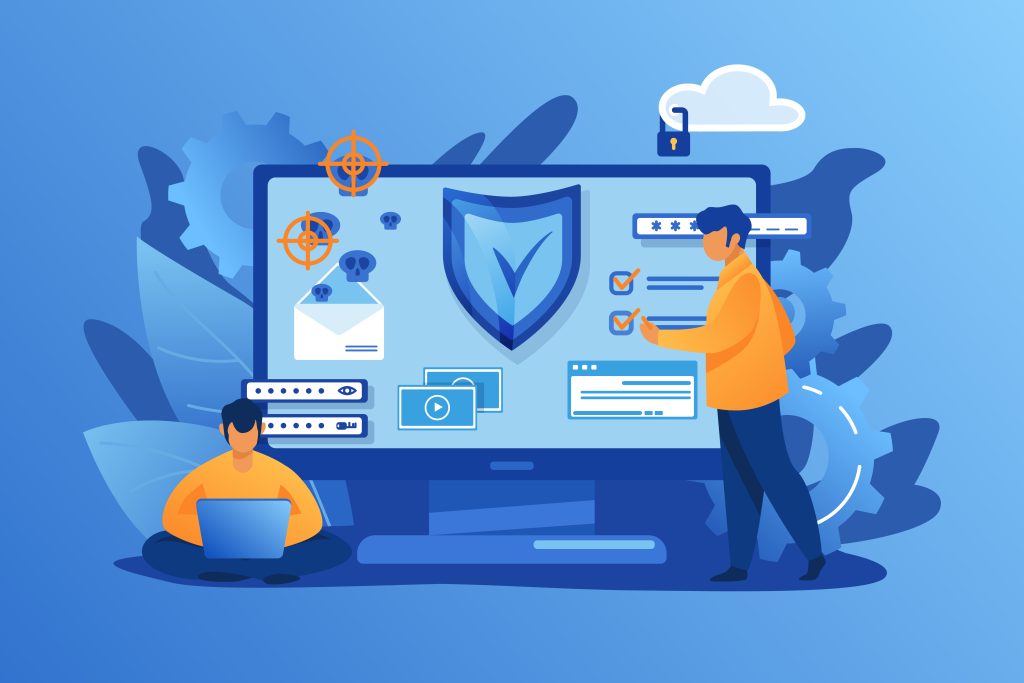
Practical tips for protecting data via VPN
For the service to work correctly, it must be configured. The company providing the technology provides technical support.
How to properly set up a VPN for personal security
Configuration consists of several steps. The user performs them independently or under the guidance of the provider’s representative.
Tips for enhancing your privacy with a VPN
Proven tools for information privacy are:
- end-to-end encryption of messages, calls;
- refuse to use public networks
- choose reliable e-mail providers;
- update IPBurger services, browsers, other security applications;
- set strong passwords, two-factor authentication;
- use paid VPN, proxies to access the Internet.
Compliance with these rules guarantees the safety of personal information of individuals, businesses.
Conclusion: why protecting your personal data with a VPN is essential
VPN transmits data through an encrypted tunnel that is not accessible to third parties. It hides user’s online activities, performs reliable end-to-end encryption of transmitted, received information and Internet security.


